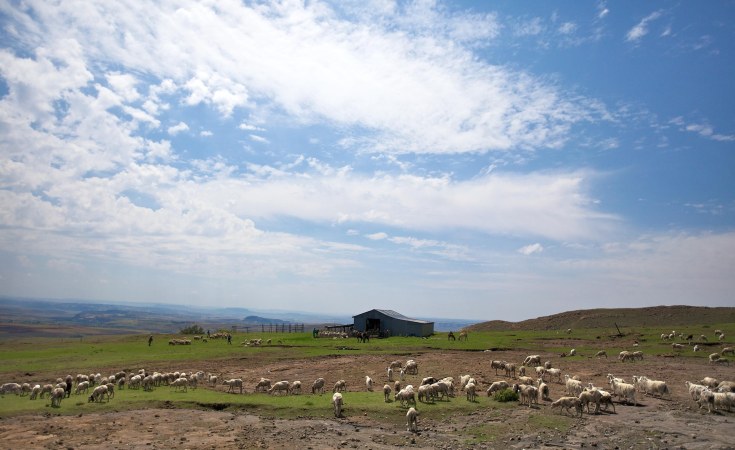Plots of land in the City of Kigali recently turned into residential zones but have not yet acquired basic infrastructure to facilitate planned settlement are likely to be exempted from paying taxes, officials have said.
In the city, residential land is primarily used for building a dwelling unit for a single-family or building a multifamily condominium or apartment building.
According to the national land use master plan, the well-planned and designed settlement sites with physical infrastructure including public services, electricity, water, drainage, roads, economic activities, recreation, and amenities to protect the environment are known as physical plans.
Residential zones on the city's master plan without such infrastructure to facilitate planned settlement will not pay land taxes as construction permits cannot even be issued without them.
"During the master plan development, agricultural zones that were turned into residential zones but have not yet got the basic infrastructure to facilitate in building residential houses will be exempted from paying taxes. The order has been issued and we should look at how it can be implemented," Pudence Rubingisa, Mayor of the City of Kigali, noted as the city launched a tax week.
The current tax payment system, he explained, shows that such land should pay taxes whenever landowners insert in their land title's Unique Parcel Identifier (UPI).
"But when you visit such zones, there are no roads and people are still tilling the land. We are going to closely work with local leaders and other institutions to have all lists of owners of such pieces of land so that they are exempted from taxes. If that land is not yet used for settlement, it should not pay taxes," he said.
About 50 per cent of the City of Kigali budget currently comes from decentralized taxes, Rubingisa said, emphasizing that despite the target to increase taxes, residential zones without basic infrastructure and that are not yet inhabited should be exempted.
According to Ernest Karasira, the Assistant Commissioner in charge of the Provincial and Decentralized Taxes Division, there is a need for more awareness about the land tax exemption on residential land that is yet to have the basic infrastructure for residential housing projects.
"RRA doesn't know if such residential zones have not yet got basic infrastructure. Local entities should inform RRA about the status of these residential zones that have not yet got basic infrastructure so that taxes are exonerated. We have areas such as Gahanga, Kicukiro, and other areas in the country where we have so many cases. We should update these zones every year so that those without basic infrastructure are exempted from land taxes, " he said.
Francoise Icyitegetse, a resident of Masaka sector, has been paying taxes on her 400 square metre plot. "I was even about to sell it but I was supposed to first clear my tax arrears. The land has no basic infrastructure and I am currently growing sweet potatoes on the land. The tax exemption, if approved, will be good news for me," she said.
Currently, Rwf300 is paid as tax for every square metre.
This had increased compared to the 2018 tax property law.
"Another problem is tax on land which I have not yet got the financial capacity to develop. Where can I get taxes to pay on that land? The land tax law should also look at this issue," added Jonathan Muhire, a resident of Gasabo district.
A new proposal submitted by the Rwanda Revenue Authority (RRA) could, among others, see a decrease on land taxes (immovable properties), as well as the current rates of the corporate income tax lowered.
For those eligible for paying taxes, under the proposal, the government would maintain previous land taxes of up to Rwf80, from the current Rwf300 per square meter - set under the property tax law enacted in 2018.
The public has decried high taxes, a concern President Paul Kagame echoed on January 9. During a parliamentary session, Kagame tasked entities responsible for taxation policy and legislation to hastily consider all possible ways that can address tax issues.


